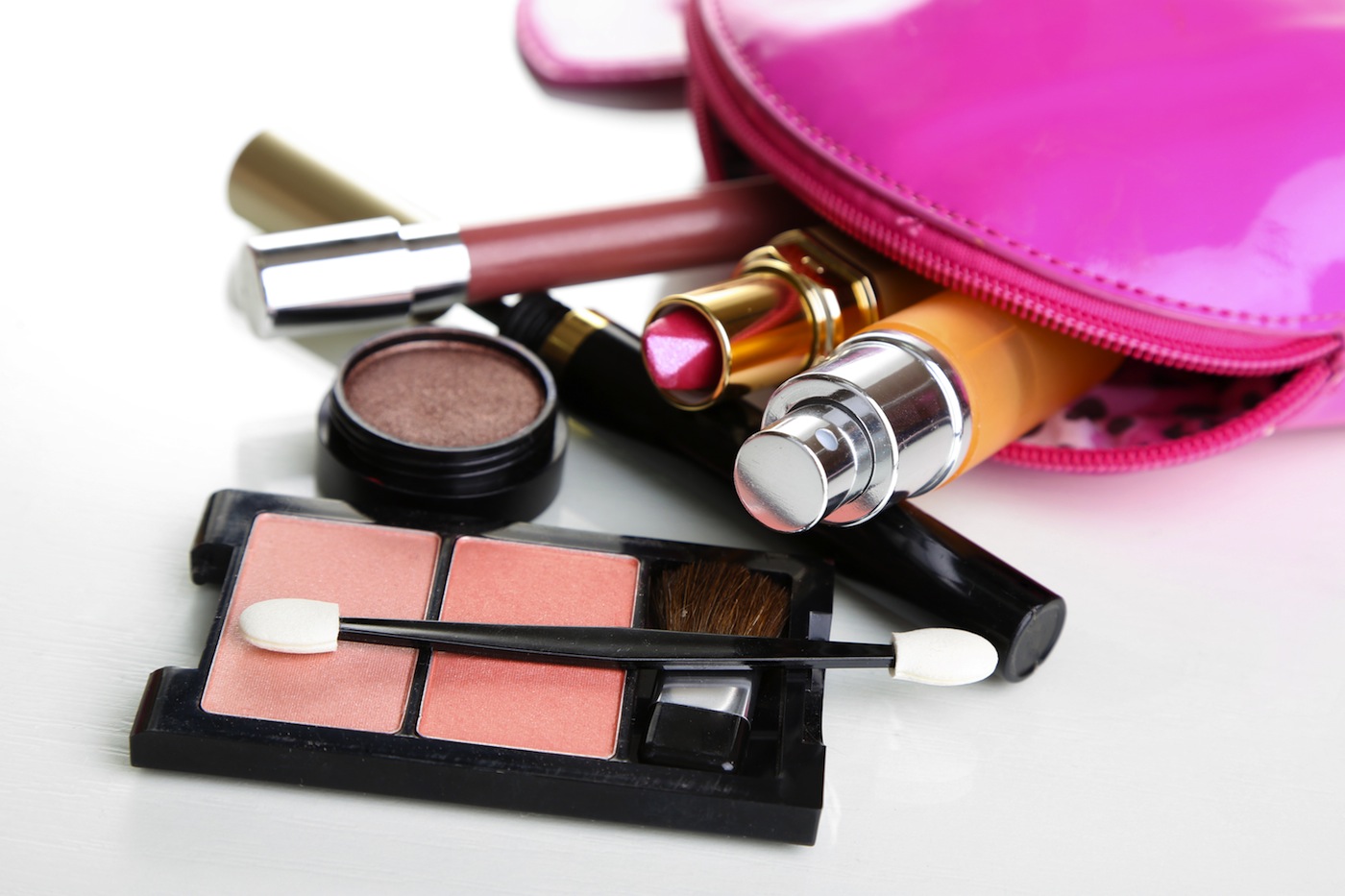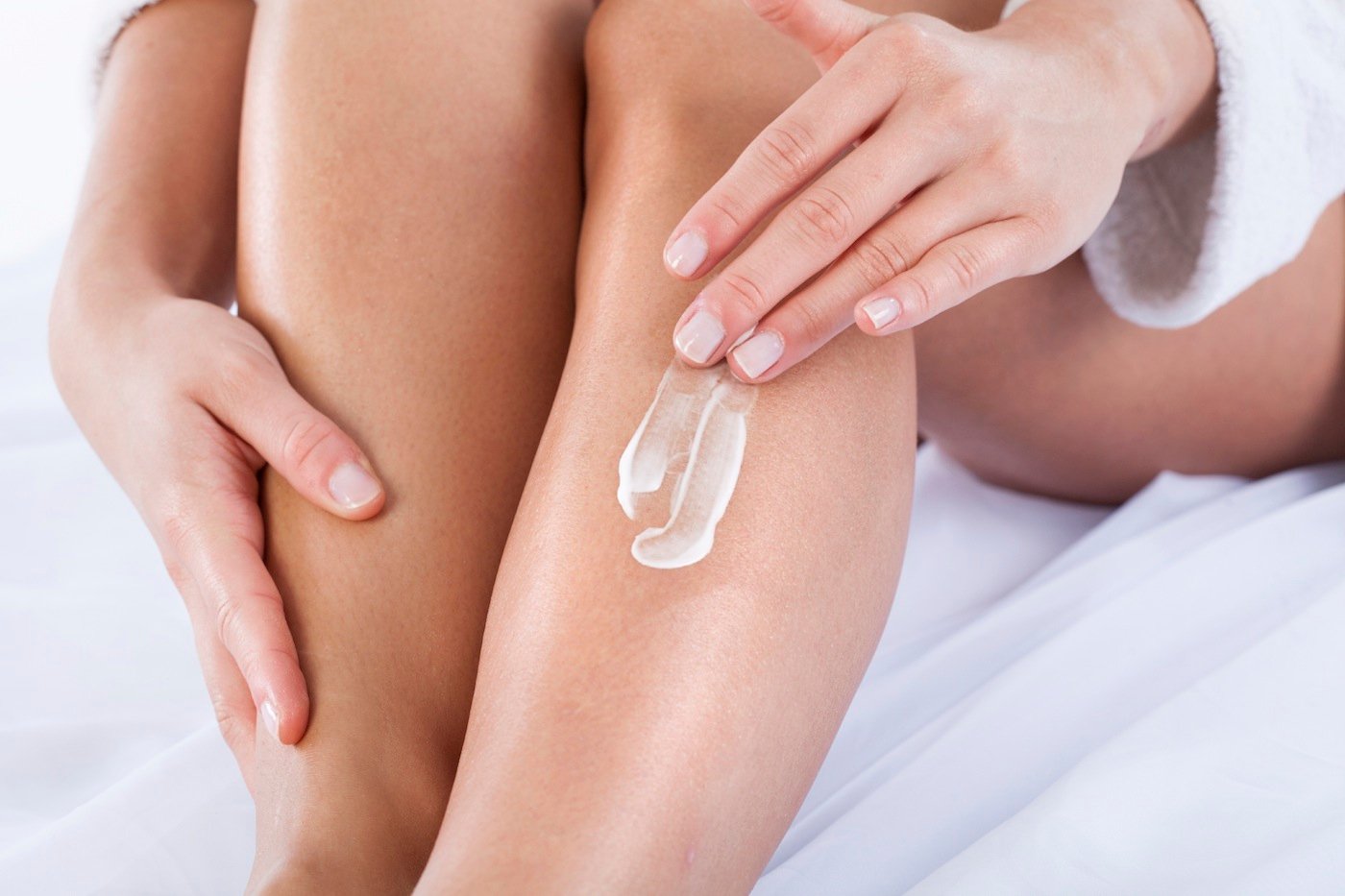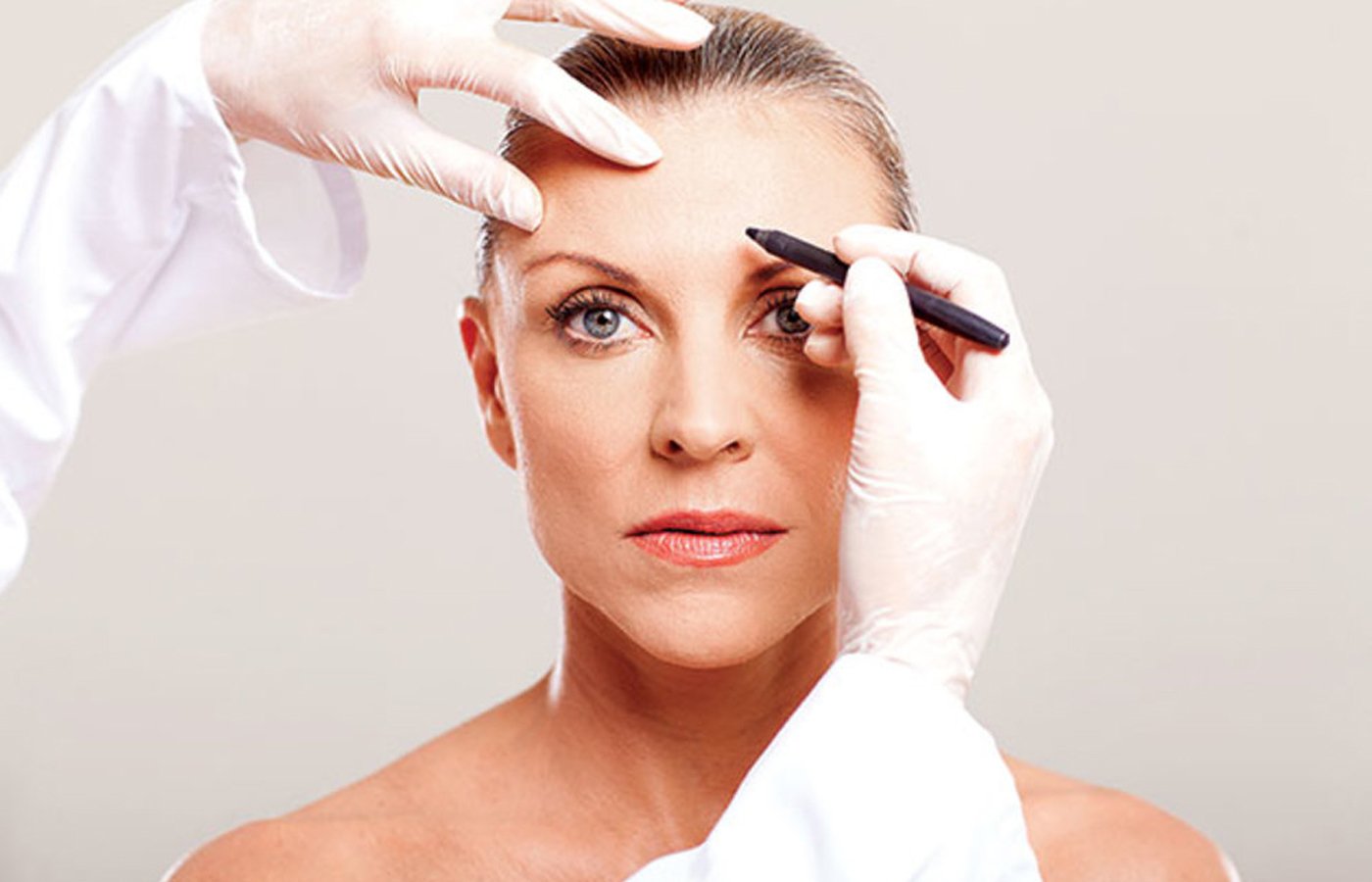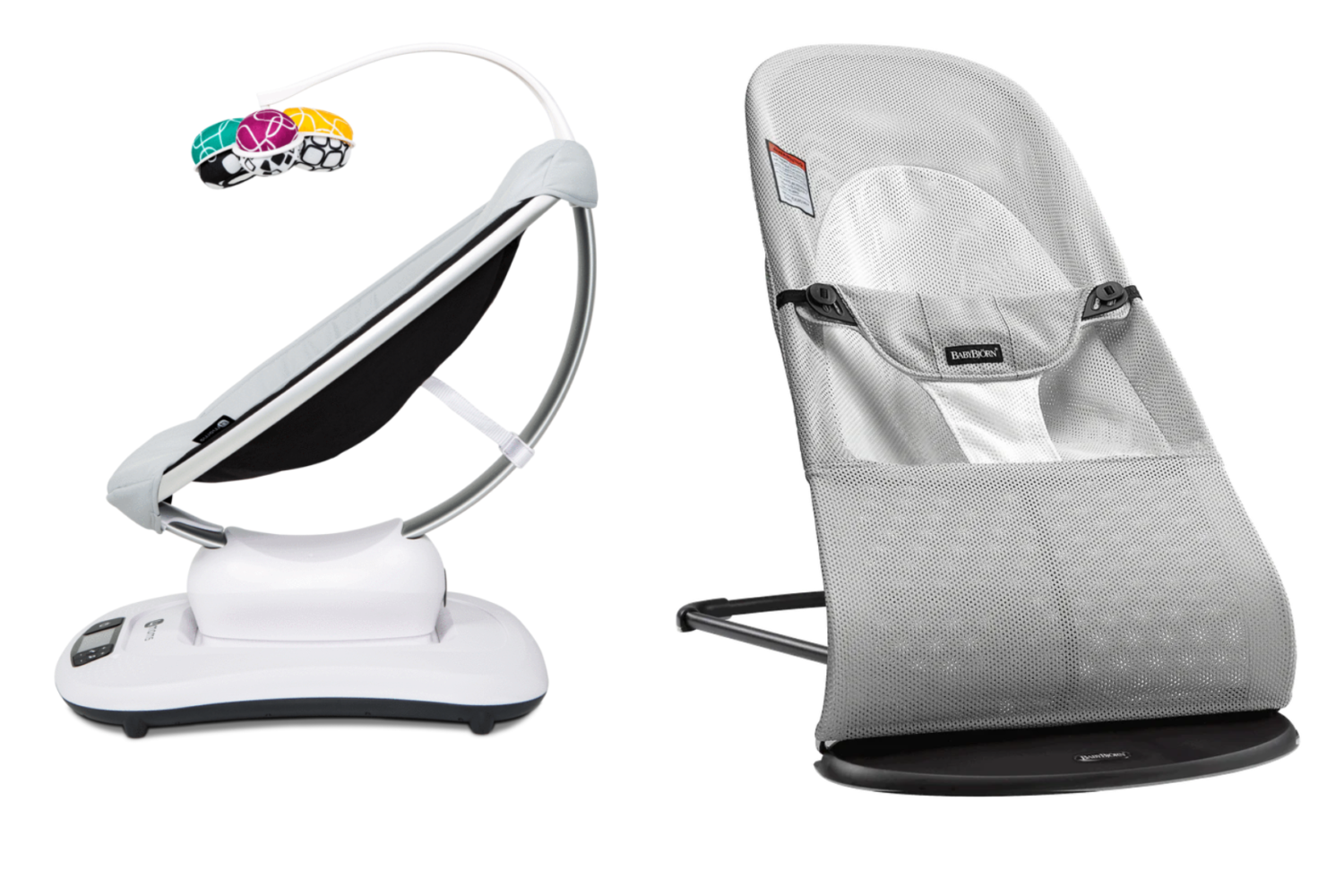There seem to be many female patients at my dermatology practice who spend a lot of time, money, and energy researching the best cleansers and at-home devices to assure their face is squeaky clean. And yet, they often apply cosmetics that are likely years old with makeup brushes that have never been cleaned. Sound familiar?
Clinical testing has shown the average makeup bag can harbor all kinds of nasty bacteria including coliforms (such as E. coli), which are a group of bacteria found in public restrooms, toilets, and rotten food. Other bacteria, including staph and strep, are also known contaminants of makeup, which can aggravate acne or even cause abscesses and boils that can lead to scarring.
Although these types of germs are common and usually don’t cause problems, there are four steps women can take to reduce their risk of illness and infection from makeup.
Don’t share makeup. Ever. Pink eye and the cold sore virus can spread easily through eye makeup and lipsticks or gloss. Keep these products to yourself.
Replace your makeup bag every season, and keep it closed in between. When storing your makeup be sure to zip it up and keep it in a drawer. The makeup is much less likely to get contaminated when closed and not left out on the bathroom counter.
Replace your makeup regularly—even if there’s still some left. Although there is a bit of added expense here, it’s worth it to reduce the risk of infection. Mascara is best replaced every three months. For all other products, 12 to 18 months is best. Additionally, products in tubes stay “cleaner” compared to those in pots since there is less chance of transferring any bacteria from the fingers into the product each time it’s used and even though “natural” or “organic” products are in demand, they include fewer preservatives therefore the shelf life is going to be even shorter than a regular product. Be sure to pay attention to the expiration dates.
Clean your brushes every month. Bacteria, dirt, dead skin, and debris can all buildup on makeup brushes. It’s best to clean them regularly with gentle cleanser (baby shampoo works well) on a monthly basis.
Dr. Elizabeth Tanzi is a board-certified dermatologist and co-director of the Washington Institute of Dermatologic Surgery.




















